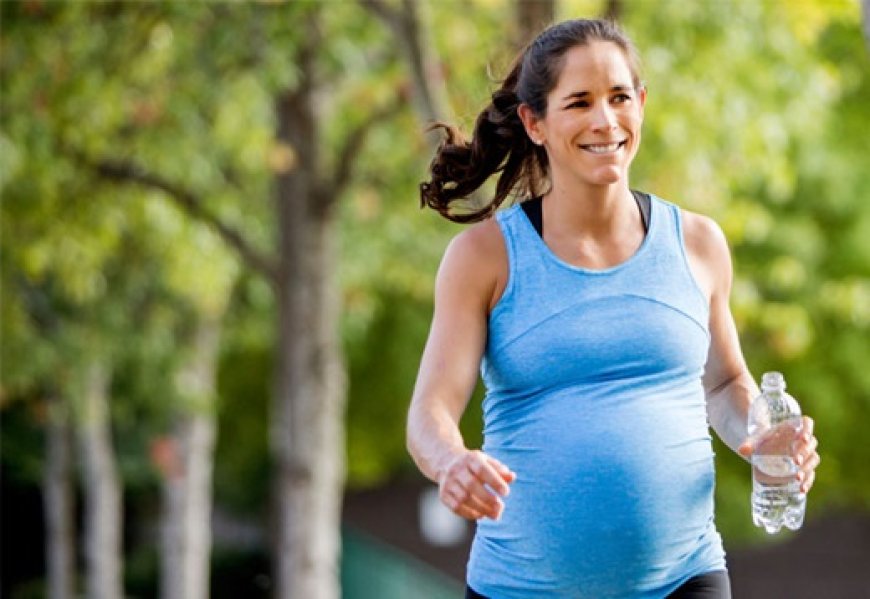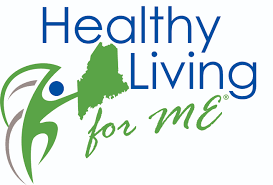7 frequently asked questions about exercise in pregnancy.

Are you worried that working out endangers the life of your unborn baby? According to research, pregnant mothers who exercise have a lower risk of back pain, have more energy, a better body image and have a smoother recovery after delivery. This article will enable you make informed choices as to which exercises are good for you. Let’s look at the commonly asked questions:
Is it safe to exercise when I am pregnant?
Absolutely yes! Exercise is very important for optimal health. You can exercise as long as your health care provider considers your pregnancy healthy. Contrary to common belief, exercise won't increase your risk of having a miscarriage or a premature baby.
Why is exercise good for me?
Regular exercises help you to:
· Ease common pregnancy discomforts such as constipation, swollen legs and arms and back pain.
· Keep your mind and body healthy.
· It boosts your morale and makes you feel energized.
· Strengthens your heart, lungs and blood vessels
· Manage your stress by lessening the pressure that you feel in response to things happening around you
· It helps you to sleep better
· It helps you to gain the recommended weight gain
· Reduces your risk of pregnancy complications such as preeclampsia and gestational diabetes.
· Prepares your body for labour and birth. Prenatal yoga can help you practice breathing and meditation, which will help you manage labour pain easily.
· Regular exercise gives you the energy and strength for labour and reduces your chances of a Caesarian birth.
How much exercise do I need?
Healthy pregnant women would need at least 150 minutes of moderate-intensity workouts weekly. To achieve this easily without straining, split the 150 minutes into daily workouts of 20-30 minutes. As a rule of thumb, always listen to your body. You may be working out too hard if you find it difficult to talk normally during exercise.
Which exercises are safe?
You should be able to do the activities you used to before you became pregnant with less intensity. Here is a list of safe physical activities:
· Walking
· Swimming. This is a good option if you normally experience lower back pains after other activities.
· Yoga. It helps to relax your body and your mind. Always avoid lying on your belly or flat on your back.
· Riding a stationary bike
· Strength training. It helps you build muscles and strengthen your bones. Don't lift weights that are too heavy for you.
Which exercises are considered unsafe?
· Contact sports that put you at risk of getting hit in the abdomen, such as hockey, basketball, soccer, and boxing.
· Exercises that place you at risk of falling including cycling, horseback riding, downhill skiing and skating.
· Activities that require you to lie on your tummy after the first trimester. Lying on your back can cause your blood pressure to drop, limiting blood flow to your baby.
· Skiing, skating or diving.
· Skydiving or scuba diving can cause decompression sickness, whereby dangerous gas bubbles form in your baby’s body.
What are the contraindications for exercise in pregnancy?
Consult your healthcare provider if you have a complicated pregnancy. Some conditions may prohibit you from working out during pregnancy:
· Severe anaemia
· Heart conditions
· Gestational diabetes and preeclampsia
· Placenta previa (low-lying placenta)
· Cervical insufficiency is where your cervix opens too early during pregnancy. This can cause premature birth/miscarriage.
Which danger should signs signal that I stop exercising?
Always pay attention to how your body responses to exercise. Drink a lot of water and take short breaks. Stop and call your healthcare provider in case you experience:
· Chest pains, fast heartbeats and troubled breathing
· Bleeding from the vagina
· Dizziness and headaches
· Abdominal or pelvic pains
· Regular painful contractions which may signal labour
· Calf pain or swelling
· Muscle weakness affecting balance.
Always keep in mind that every woman has her own particular characteristics and conditions. What worked for a friend may not necessarily work out for you. Be free to talk to your healthcare provider about your concerns. If you feel any discomfort during exercising, stop it. Staying active will help you before, during and after birth; you just have to be cautious and always listen to your body to know your limits.







